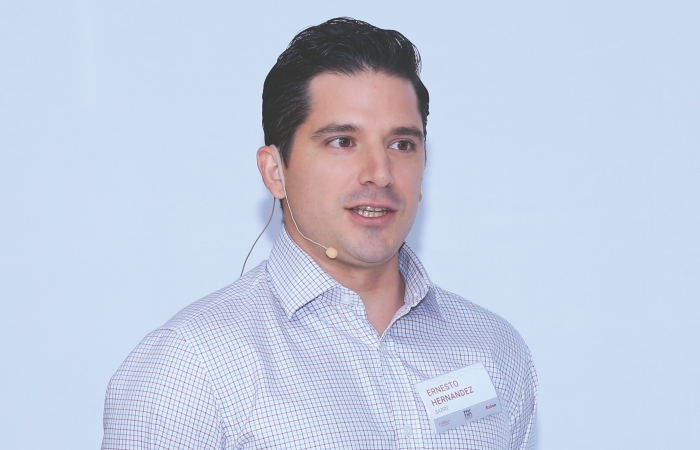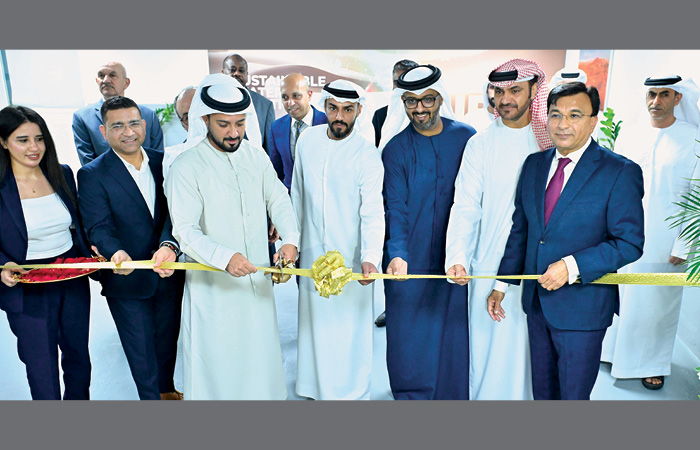It is predicted that by the end of 2017, online revenue is expected to reach $35 billion in the Middle East. Ernesto Hernandez, Director, EMEA Online Technical Sales at Sabre Corporation, speaks to TravTalk.
TT BUREAU
Please explain the importance of transition from offline to online for agents.
Agencies that still believe they don’t need to go online are missing on a huge growth opportunity in the market. On the other hand, the demands of travellers in the Middle East are driven by advances in technology and consumer adoption. Today’s travellers don’t think of ‘online’ and ‘offline’ when they manage their travel. Some estimates suggest travellers look at an average of 38 websites before making a booking decision. Consumers may start on a desktop, drop out of sight and then restart searches on a different device or check with offline travel agencies. They also now look for more inspiration and validation of their choices on review sites, social media and among their own peers. They seek benefits from both worlds.
In the ME region, a large segment of offline travel agents still perform well. What should they do to ensure more profits from online too?
People still see some distinct benefits of traditional brick-and-mortar travel agents, especially when it comes to human interaction, personal service and support when something goes wrong. I believe this is important in the case of complex itineraries – the personal connection allows a travel agent to establish a level of trust that can be hard to match in a digital interaction. Fortunately for agents, these complex itineraries often result in high-yield products.
For offline travel agencies to succeed in today’s competitive world, they require to adopt an online and mobile strategy to balance their investments in both online and offline. Online is not an option anymore.
How should travel agents prepare themselves for online platforms?
The question is whether the main reason to ‘go online’ is to enhance the existing value proposition of the brand or to diversify the brand by making it accessible to new market segments. For example, enhancing the value proposition of the brand could mean just extending the customer experience or service into the online realm, which may or may not involve getting ‘new bookings’ through it, but could increase ‘customer retention’ or ‘revenue per customer’ by capitalising on upselling opportunities. On the other hand, the main driver for diversifying the brand value through the online space could be to generate new bookings from an altogether different market segment than the one currently reached through the offline channel.
Could you share the strategies to be used by travel agents, both online and offline, to engage millennials?
In context of the financial and strategic implications, the travel agency will still have to select upon a vast number of execution related ‘build versus buy’ decisions. One of the most common among them is whether it should build and maintain its own internet booking engine (IBE) or source it from a qualified third party provider. While it is true that most big travel agencies have developed their own IBE, it is also true that some small to medium or niche agencies have remained with an off-the-shelf IBE for many years in a very successful manner. Therefore, while it is difficult not to give a very general set of questions that will make the final decision too relative depending on the customer scenario, I find it easier and more practical to simply suggest to the travel agency to realise that this key decision can be changed or reversed at different points in time. Therefore, I strongly suggest exploring reliable third party providers to see if their off-the-shelf IBE solution can be a practical means to experiment and further refine their initial online strategies without having to make significant capital expenditures at the beginning.
 TravTalk Middle East Online Magazine
TravTalk Middle East Online Magazine






